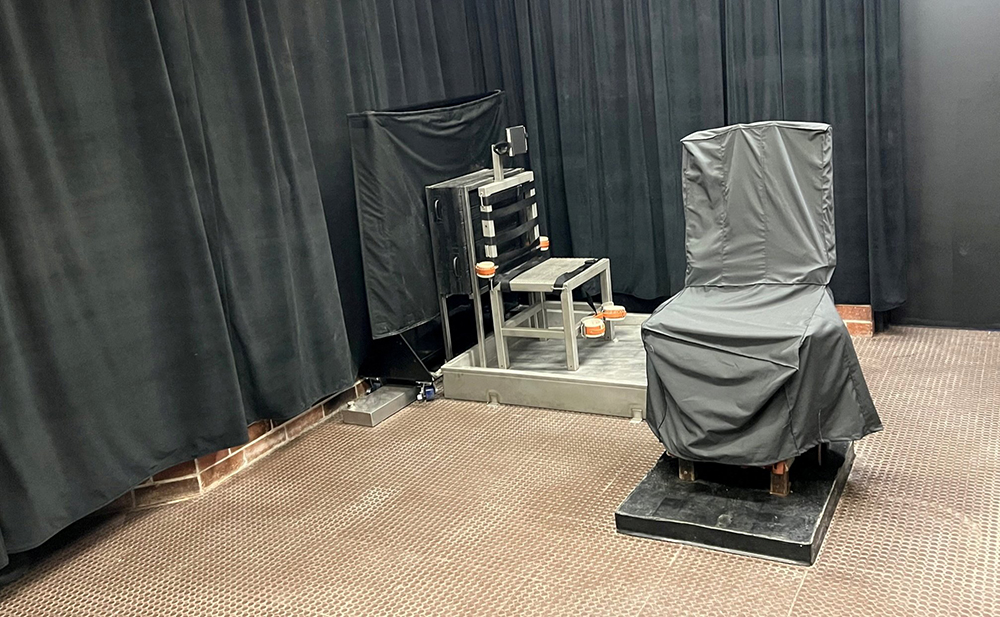
WASHINGTON — Attorneys for a group of death row inmates in South Carolina argued before the state’s Supreme Court Feb. 6 that the use of the electric chair and firing squad for executions violates the state constitution’s prohibition of cruel and unusual punishment.
Three years ago, the state’s governor signed a bill that made electrocution the default death penalty method, which is the only state to do this, but it also gives inmates the choice of firing squad or lethal injection if the drugs are available.
South Carolina has not executed a prisoner since 2011, primarily because of difficulties in obtaining lethal injection drugs. Currently there are 33 inmates on the state’s death row.
In considering South Carolina’s execution methods, the state’s Supreme Court justices weighed differences between the South Carolina Constitution and the U.S. Constitution. The South Carolina Constitution states that no “cruel, nor corporal, nor unusual punishment” shall be inflicted, while the U.S. Constitution simply forbids cruel and unusual punishments.
The inmates suing the state claim that if lethal injection drugs are not available, they would be forced to choose between two unconstitutional methods of execution.
In 2022, Circuit Court Judge Jocelyn Newman agreed with the inmates and found the electric chair and firing squad unconstitutional and issued an injunction against their use.
The state appealed this decision and after the Supreme Court heard arguments last year, it asked the lower court to investigate whether the state had done all it could to obtain lethal injection drugs.
Moving forward on efforts to obtain these drugs, Gov. Henry McMaster signed a shield law last spring that barred the state from releasing any information that would identify the companies that sold them the lethal injection drugs. And last fall, McMaster said the state had obtained a necessary lethal injection drug and was ready to resume executions for inmates.
States with the death penalty began passing shield laws after pharmaceutical companies refused to sell them drugs for lethal injections because they didn’t want public pressure from activists.
After the South Carolina Senate passed legislation for the shield law, Michael Acquilano, the state’s Catholic Conference director, said it “subjects individuals to receive unlicensed, untested and unauthorized chemicals. It is egregiously inhumane, and it perpetuates a culture of death and injustice.”
He also said in a statement that respect for life “must remain unconditional. When the state, in our names and with our taxes, ends a human life — despite having non-lethal alternatives to prevent the recommission of crime — our society attempts to overcome violence with more violence. Vengeance is not a just solution.”
The state law requiring death-row inmates to choose between the electric chair or the firing squad for their executions if lethal injection drugs are not available was also criticized by Catholic leaders.
Days before that 2021 bill was signed into law, Krisanne Vaillancourt Murphy, executive director of Catholic Mobilizing Network, called it a “setback for South Carolina” and a move that “stands in stark contrast to powerful efforts elsewhere to abolish the death penalty.”
She also said the electric chair and firing squad “should have no place on the state’s list of means to address harm or bring about so-called justice.”
Sister Helen Prejean, a Sister of St. Joseph, and longtime activist against the death penalty, similarly spoke out against it, saying on social media that “regressive laws like this one will only hasten the end of the death penalty.”
Lawmakers at the time said the shortage of lethal injection drugs was the main reason why the state has not had any executions in a 10-year-period. They said adding other means of execution would be more humane since lethal injections have sometimes botched executions if an inmate’s death became prolonged.
“It is chilling to think that offering a person the choice between electrocution and firing squad is somehow humane,” Vaillancourt Murphy said.
